Children's radio diaries
The children's radio diary programmes are available as:

isiZulu unless otherwise indicated

with photographs and English subtitles

bilingual

- We recommend you download audio-visual files prior to viewing.
- To view the audio-visual programmes on PC, you will need Adobe Flash Player.
- On Mac, open in your browser or download Eltima Flash Player.
- Please adhere to the guidelines for the broadcast and use of the programmes.


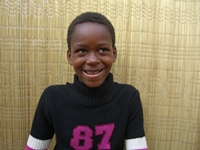
Ukulala ntofontofo / Sleeping comfortably (5’47") 2006
Eleven-year-old Khethiwe is proud of her mother for raising her and her four siblings so well, but longs to meet the father she has never known. Here she asks her mother about who he is, and how it is to be a community health worker working in a neighbourhood where AIDS is rife.

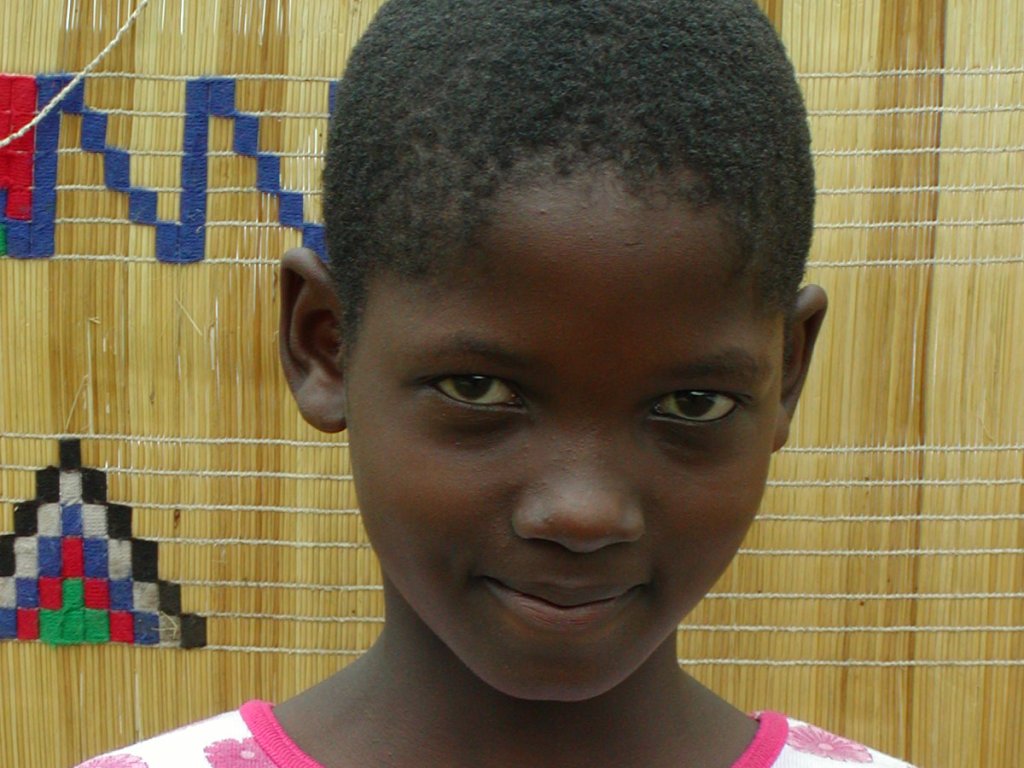
Ukufunda ngaphansi kwezihlahla zomganu / Marula trees for classrooms (4'25") 2005
When nine-year-old Sibusisiwe started school, classes happened under the trees because there were not enough classrooms to accommodate all the children. She gives some insight into the challenges of getting a primary school education in a rural area.

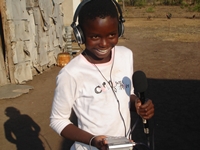
UBaba omusha / A new father (5’51") 2006
Ten-year-old Zekethelo has a flair for storytelling. Here she and her grandmother regale us with the tale of an escape from an abusive home- setting to live with her mother and her ‘new’ father.

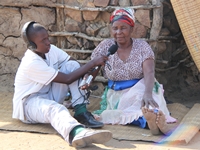
Wawu ngumntwana nje / You were just a child (4'09'') 2010
Jabulani, 13, was devastated when his parents separated unexpectedly. He didn�t understand why, and wasn�t told. He asks his grandmother and aunt to explain.

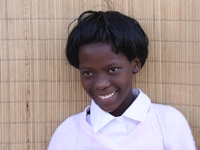
Njenge yakhe ingane / Just like his own (4'42'') 2009
Nonkululeko lives with her mother, brother, step-father and step-siblings. She is grateful that her step-father took her into his home and loves her as his own child. In her programme she reflects with her mum on why this frequently is not the case for children in her neighbourhood.

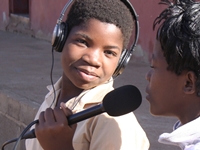
Isicelo sendodakazi / A step-daughter's plea (3'27'') 2009
When Nonjabuliso�s mother remarried, she went to live with her aunt � her mother�s younger sister. There she finds life difficult. She talks to her mother about her rationale for sending her there.

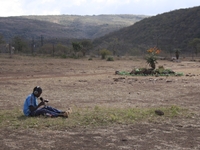
Izinkomo zikababa / My father's cattle (5'17'') 2009
Siyabonga, 13, loved going to the forest with his father to fetch his cows from grazing. He describes how after his father’s death two years ago, the cows were taken by his relatives, and - longing to be in charge of them himself - sets out to find out why.

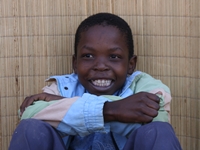
"Kwakufanele sitshelwe" / We should have been told (3'03'') 2009
When Lungisani's father was arrested and imprisoned, his whereabouts were concealed from his children. Lungisani, 11, talks to his mother about the role he plays in his father�s absence, and about how she felt when her husband was taken away.

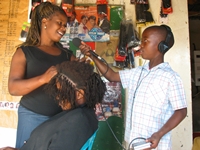
Ukuphila ngokuluka abantu / Braids for a living (3'01'') 2009
Bonginkosi’s mum and her older sister run a hair salon to make ends meet. He talks briefly to them about their business, and receives a word of advice from his aunt.

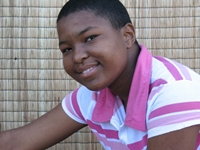
Impilo ngaphandle kukamama / Life without mum (3'55'') 2008
Sinenhlanhla was 12 when she produced her first radio diary. Three years later, she sheds light on the implications of her mother's subsequent death for the care of her and her siblings


